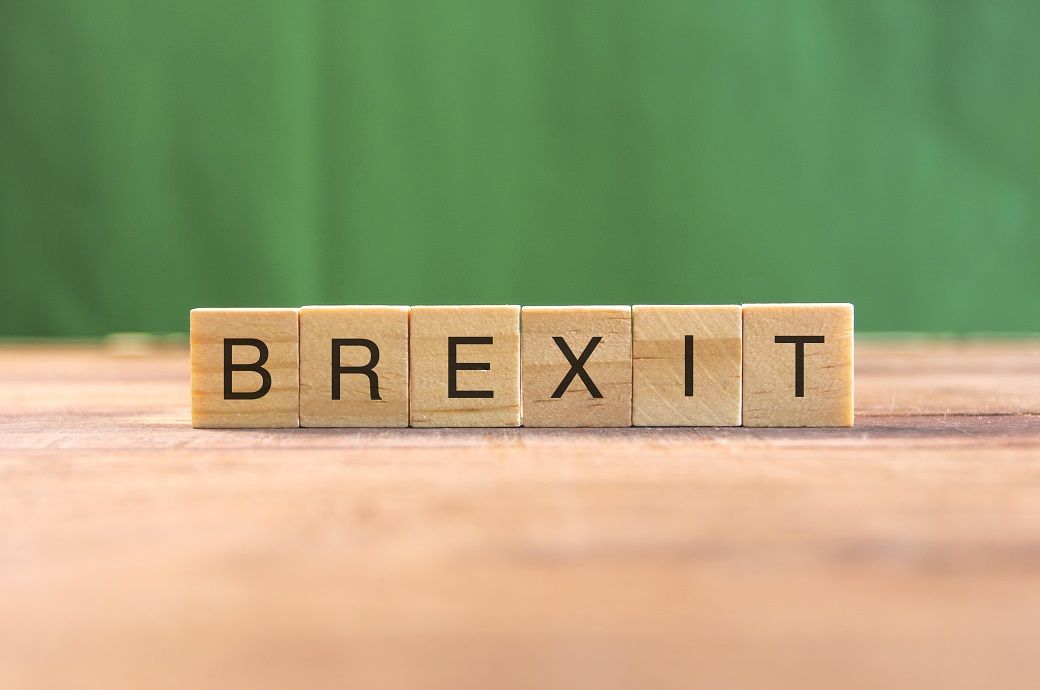Brexit has harmed the UK economy almost twice as much the official estimates, according to a new working paper published by US-based National Bureau of Economic Research (NBER).
The paper examines the impact of the United Kingdom’s decision to leave the European Union (Brexit) in 2016 using almost a decade of data since the referendum.
The 2016 decision has cost the country 6-8 per cent of gross domestic product (GDP) per person over the last decade, a hit of between £180 billion and £240 billion (~$235.67 and ~$314.22 billion). The UK Office of Business Responsibility (OBR) puts the damage at just 4 per cent.
Brexit has harmed the UK economy almost twice as much the official estimates, a new paper by US-based National Bureau of Economic Research said.
The decision has cost the country 6-8 per cent of GDP per person over the last decade, a hit of between £180 and £240 billion (~$235.67 and ~$314.22 billion).
Investment was reduced by 12-18 per cent, employment by 3-4 per cent and productivity by 3-4 per cent.
The paper was authored by Nicholas Bloom, Paul Mizen, Pawel Smietanka, Gregory Thwaites and senior Bank of England economist Philip Bunn.
“We estimate that investment was reduced by between 12 per cent and 18 per cent, employment by 3 per cent to 4 per cent and productivity by 3 per cent to 4 per cent. These large negative impacts reflect a combination of elevated uncertainty, reduced demand, diverted management time, and increased misallocation of resources from a protracted Brexit process,” reads the paper’s abstract.
Comparing these with contemporary forecasts shows that these forecasts were accurate over a five-year horizon, but they underestimated the impact over a decade, the abstract notes.
Finance Minister Rachel Reeves pointed the finger at Brexit for the UK’s economic deterioration at the annual meetings of the International Monetary Fund last month.
The UK formally left the EU single market and customs union in January 2021, replacing them with a free-trade agreement.
The impact of Brexit ‘accumulated gradually’ and was hard to identify in 2018, but picked up as uncertainty persisted, trade barriers rose and firms diverted resources away from productive activity, the authors of the paper said.
Leaving the EU increased uncertainty, hurt investment, damaged demand, weakened employment and hit productivity due to ‘reduced innovation’, the working paper added.
Fibre2Fashion News Desk (DS)
